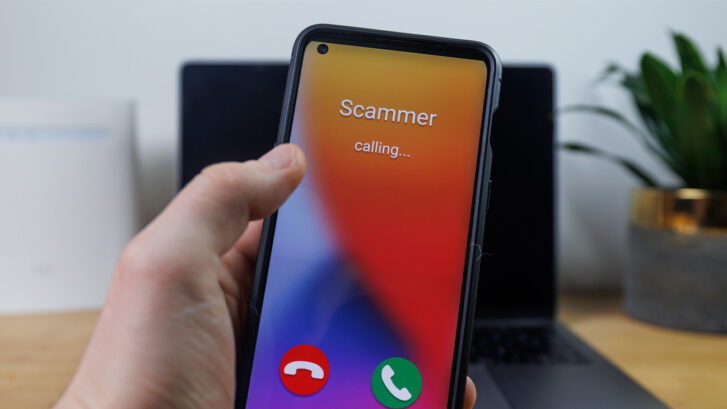How to Report Scam Phone Calls: A Comprehensive Guide
In today’s digital age, scam phone calls have become a pervasive issue, plaguing individuals across the globe with unsolicited and fraudulent schemes. These calls not only disrupt daily life but also pose serious risks to personal security and financial well-being. Recognizing and reporting these scam calls is crucial in protecting oneself and aiding in the broader fight against telecommunications fraud. This article serves as a comprehensive guide to identifying, dealing with, and reporting scam phone calls.
Identifying Scam Phone Calls
Scam phone calls can come in various forms, but they often share certain characteristics that can help in their identification:
- Unsolicited Requests for Personal Information: Be wary of callers asking for personal or financial information, such as your social security number, bank account details, or credit card numbers.
- High-pressure Tactics: Scammers typically create a sense of urgency, pressuring you to act immediately to avoid a supposed threat or to take advantage of a too-good-to-be-true offer.
- Pre-recorded Messages: Many scam calls use automated voice messages to reach out to potential victims, often instructing them to press a certain number to speak to a representative.
- Suspicious Caller ID: Scammers might use spoofing techniques to make their phone number appear as if it’s coming from a legitimate company or government agency.
Find out who is calling you
How to Deal With Scam Phone Calls
Upon receiving a call that you suspect to be a scam, the following steps should be taken to ensure your safety and reduce the risk of falling victim to fraud:
- Do Not Provide Personal Information: Never share personal or financial information over the phone with someone you don’t know or trust.
- End the Call: If a call seems suspicious or unsolicited, hang up immediately.
- Use Call Blocking Services: Many phone companies offer services or devices that can block unwanted calls. Additionally, mobile apps like YouMail can provide extra protection for cell phones.
- Verify the Caller’s Identity: If the caller claims to be from a known organization, hang up and call the organization directly using a number you trust, such as one from their official website.
Reporting Scam Phone Calls
Reporting scam phone calls is a critical step in combating these fraudulent activities. Here are the channels through which you can report these calls:
- Federal Trade Commission (FTC): The FTC’s National Do Not Call Registry allows consumers to report unwanted calls.
- Federal Communications Commission (FCC): The FCC accepts complaints about scam calls, particularly those involving caller ID spoofing.
- Your Phone Company: Informing your phone service provider about scam calls can help them take action to prevent these calls from reaching you and others.
- Local Law Enforcement: For scam calls that involve threats or if you’ve fallen victim to a scam, reporting to local police can be an appropriate step.
Preventive Measures to Protect Against Scam Phone Calls
Taking proactive steps can significantly reduce the likelihood of receiving scam phone calls:
- Register with the National Do Not Call Registry: This can help reduce the number of unsolicited calls you receive.
- Stay Informed About Scam Tactics: Awareness of the latest scam tactics can make it easier to recognize and avoid them.
- Limit Sharing of Personal Information: Be cautious about where and how you share your phone number and other personal information online and offline.
In the fight against scam phone calls, knowledge, vigilance, and proactive reporting play pivotal roles. By recognizing the signs of scam calls, protecting your personal information, and reporting these fraudulent activities to the appropriate authorities, you contribute to a broader effort to curb telecommunications fraud. Remember, your actions not only protect you but also help safeguard the community from these deceptive practices.
For those seeking further insights into safeguarding against scam calls and enhancing their overall digital security posture, resources and detailed articles are available to offer additional support and information on the YouMail Blog.





